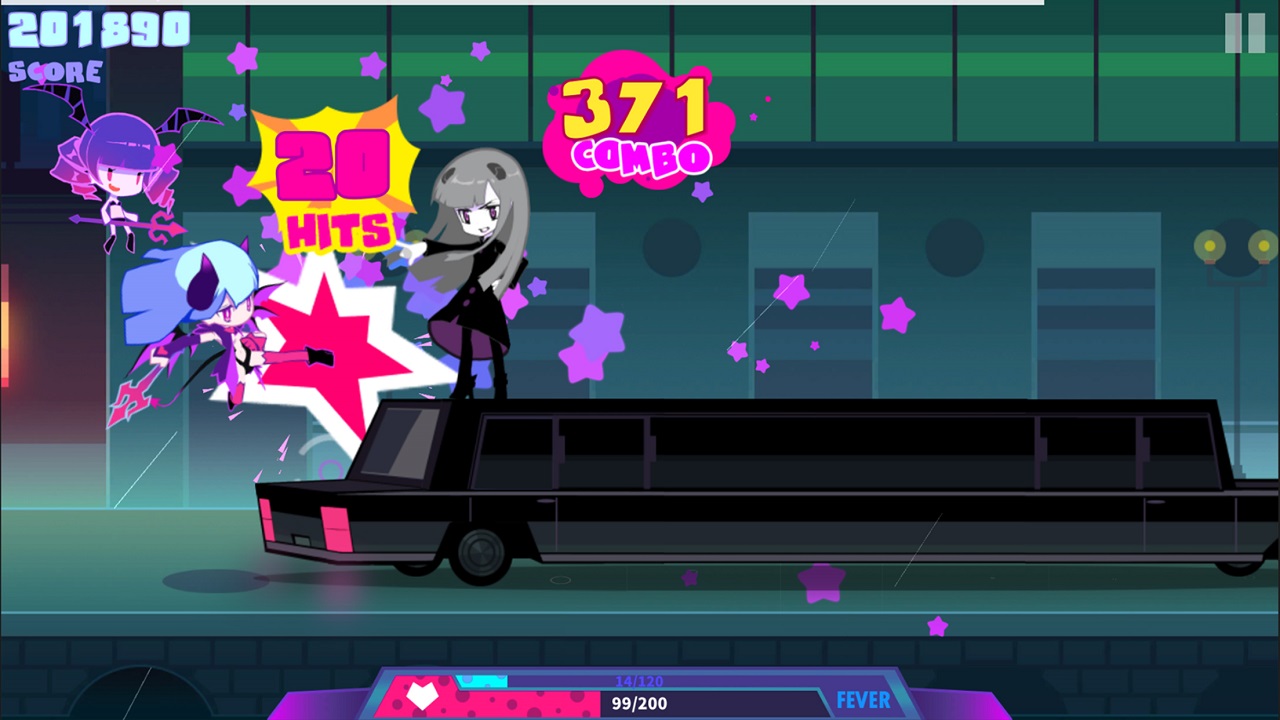

Perhaps the means by which they deliver all this to their audiences – via both social media and live performance – says something about the way jazz is being absorbed and sent on its way in new, often brighter, livery. To these can be added the hybrid performances of Thomas & Muse, the Wales-based duo of trumpeter Ben Thomas and the artist Lucy Muse, whose collaborative creations embrace jazz, visual art and the theatrical. The board called the Holocaust “shameful beyond description” and said that the move did “not diminish the value of Maus as a meaningful and impactful work of literature” and that it was seeking “other works that accomplish the same educational goals in a more age-appropriate fashion”.Pure jazz, if there is such a thing, has often entered into marriages with other art forms: jazz & symphonic strings, jazz & rock electronics, jazz & dance, jazz & poetry. In a statement on Thursday, after the ban drew wider backlash, the McMinn county board of education defended its decision, saying the novel was removed from the curriculum because “of its unnecessary use of profanity and nudity and its depiction of violence and suicide” and that the book was “too adult-oriented” for use in its schools. There’s something going on very, very haywire there.”

“I also understand that Tennessee is obviously demented. “I’ve met so many young people who … have learned things from my book,” Spiegelman said. Spiegelman’s Jewish parents were both sent to Nazi concentration camps and his mother took her own life when he was just 20. “It’s leaving me with my jaw open, like, ‘What?’” the 73-year-old author said, adding he thought the school board was “Orwellian” for approving the ban. Spiegelman said he was “baffled” by the outcome in an interview with CNBC on Wednesday. “I can talk of the history, I was a history teacher and there is nothing pretty about the Holocaust and for me this was a great way to depict a horrific time in history,” Goodin added.Īfter much discussion over the redaction of words the members found objectionable, the board eventually decided that alongside copyright concerns, it would be better to ban the graphic novel altogether. I think the author is portraying that because it is a true story about his father that lived through that,” Knight said.

“I think any time you are teaching something from history, people did hang from trees, people did commit suicide and people were killed, over six million were murdered. The board did have some supporters with Julie Goodin, an instructional supervisor and former history teacher, and Melasawn Knight, the federal programs supervisor, backing the novel’s inclusion in the curriculum. The decision comes as conservative groups across the country are stepping up campaigns to ban books from school libraries, often focused on works that address race, LGBTQ issues or marginalized communities.

There's only one kind of people who would vote to ban Maus, whatever they are calling themselves these days. If I had to move him out and homeschool him or put him somewhere else, this is not happening.” If I had a child in the eighth grade, this ain’t happening. “You can look at his history, and we’re letting him do graphics in books for students in elementary school. “It shows people hanging, it shows them killing kids, why does the educational system promote this kind of stuff? It is not wise or healthy,” he added.Īllman also took aim at Spiegelman himself, alleging: “I may be wrong, but this guy that created the artwork used to do the graphics for Playboy.” “I am not denying it was horrible, brutal and cruel,” Allman said in reference to the genocide and murder of six million European Jews during the second world war. Parkison continued to say he had “consulted with our attorney” and as a result “we decided the best way to fix or handle the language in this book was to redact it … to get rid of the eight curse words and the picture of the woman that was objected to.”īoard member Tony Allman supported the move to remove the “vulgar and inappropriate” content, arguing: “We don’t need to enable or somewhat promote this stuff.” “There is some rough, objectionable language in this book,” director of school, Lee Parkison, is recorded as saying in the session’s opening remarks. The front cover of Maus A Survivor’s Tale by Art Spiegelman is seen after it was first published in 1980.


 0 kommentar(er)
0 kommentar(er)
